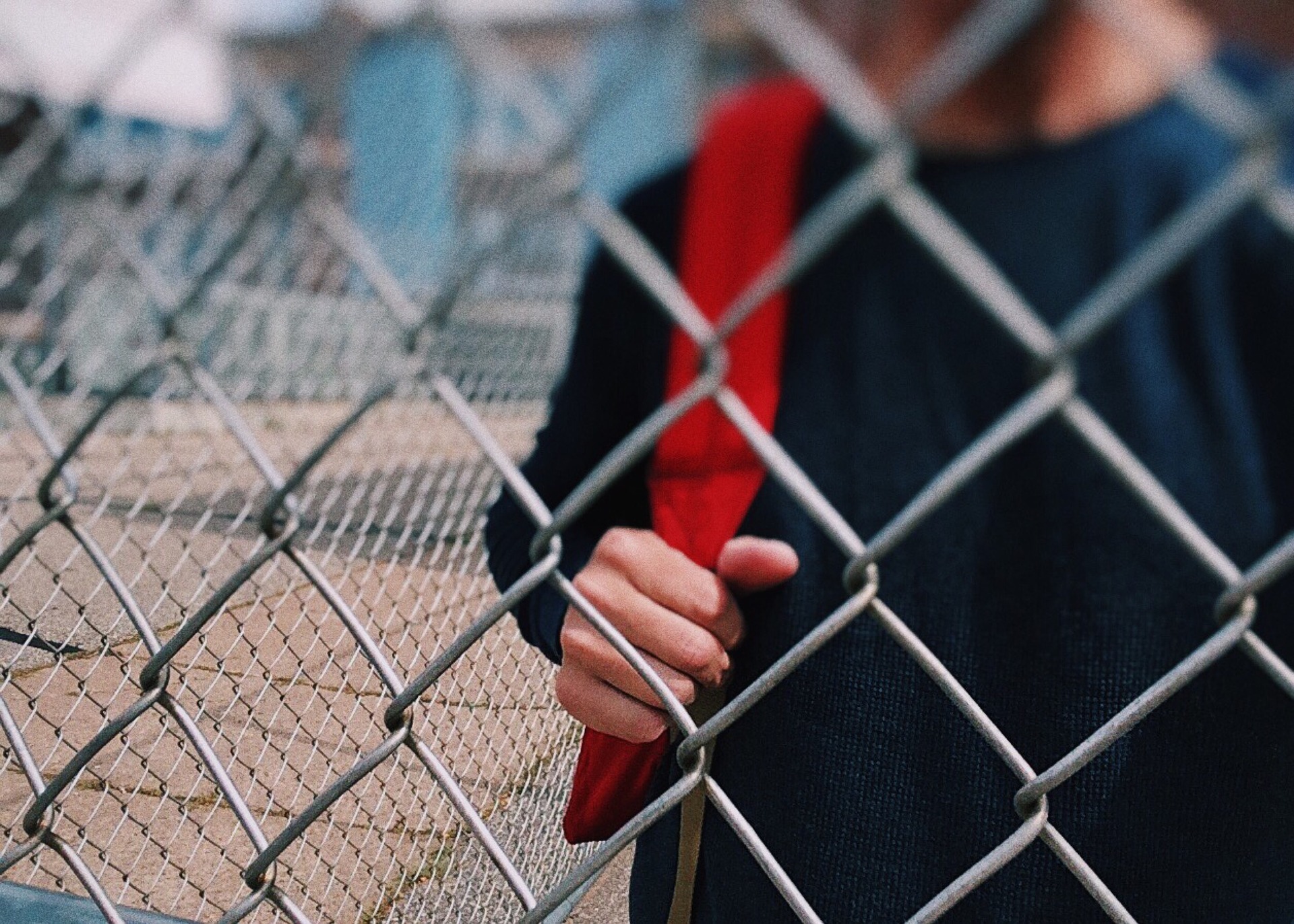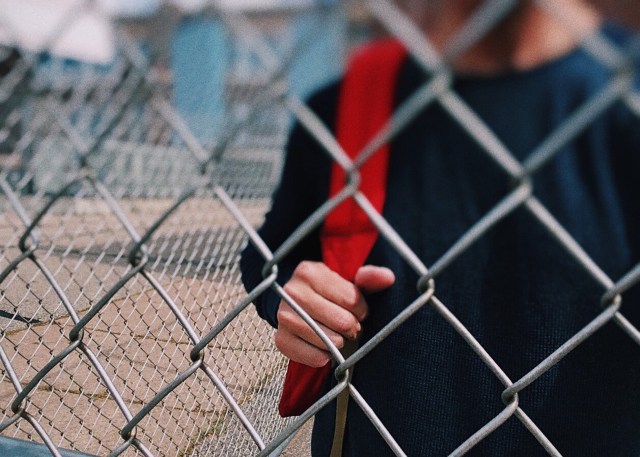
Teen activists may hold an answer to school shootings.
I say “may” and “an answer” because each shooting is different. There’s no one reason for them.
There is a common denominator. It’s not a mental illness, or divorce, or bullying, or the Internet, or video games, or no prayer in schools or toxic masculinity—though each of those may be a contributing factor in some school shootings.
The common denominator is that school shootings are, well, shootings. Before we address the contributing factors, we must address that.
To do that, we must talk. Negotiate. Problem-solve. Not rant, spout slogans or pass around memes. Not blame mythical “crisis actors.” None of that will help. Let’s discuss what proposed solutions are feasible, practical, and actually helpful.
This time the kids are taking the lead and speaking up. Mandatory suspension means their walkouts may fail, at least if they walkout until Congress does something, as was suggested.
But other students are speaking out in other ways–talking to the media, visiting elected officials and attending sessions of legislative bodies. Encouraging voter registration among their peers.
And you know, these efforts may fail as well. It’s difficult to get your message across when you’re trying to get the attention of people who live and die by ballots, not bullets.
Here’s the thing, though. With the Parkland school shooting, we may have reached a “tipping point” in our society. Even if legislation doesn’t work, as so many say it won’t, there is a force that can catch the nation’s attention: grassroots activism.
I won’t praise the efforts of the 1960s when under-30s protested and helped stop a war, though I surely could. What I want to talk about is an attitudinal change. Societal change. It can happen and it has happened.
Think about the things that used to be commonplace and succumbed to pressure from groups and individuals.
Smoking is a prime example. Despite push-back from tobacco lobbies and cigarette manufacturers, smoking has tapered off in public and in private. Restaurants started with smoke-free seating areas and now in some states are completely smoke-free. Public buildings and many private ones are too. Smoking around young children is particularly looked down on.
Why? People spoke up, including teens (see truth.org). And society reacted. Look at old movies and how many characters in them smoked. Then look at modern movies and notice how few do. It’s almost like someone realized that these characters are representations of our changing society and perhaps role models for kids, even if only subliminally.
And look at drunk driving. MADD (Mothers Against Drunk Driving) changed society’s view of drunk drivers and prompted legislative change; for example, getting states to lower the limits for what is considered “impaired,” holding drinking establishments responsible for taking the keys from patrons too wasted to drive, and requiring harsher punishments for repeat offenders.
Non-legislative solutions are having an effect as well–the “Designated Driver” idea and PSAs that say “Friends Don’t Let Friends Drive Drunk.” There are smaller, local efforts too, such as providing free cabs on the holidays associated with over-indulgence.
What happened in both examples was that society reached a tipping point. After so many deaths and so much ill health, individuals and groups decided that the prevailing practice had to change. And change it did.
There are reasons to believe that the Parkland shootings may be that tipping point for change. For the idea that school shootings are not just an everyday reality–or shouldn’t be.
Businesses are cutting ties with the NRA, for one. These are protests that will get attention because they are backed up by dollars.
Sure, many teens (and adults and businesses and lawmakers) will ignore the issue. Even teens succumb to the “it can’t happen here” mentality. But others are saying that it can and does happen anywhere. In elementary schools, where the students are too young to mount effective protests. In colleges, where students should.
And in the surrounding society, people are saying, “Enough already with the thoughts and prayers.” Even sincere ones have changed nothing, and insincere ones substitute for actual change.
Likely the change that is coming will be incremental and slow. And after the tipping point is reached and the mass of everyday Americans demand real answers to school shootings, maybe we can turn to the related factors like acceptance of bullying and the broken mental health care system. Grassroots efforts and public education are key.
But first, let’s listen to the kids. They have the most to lose.











